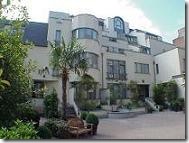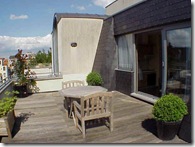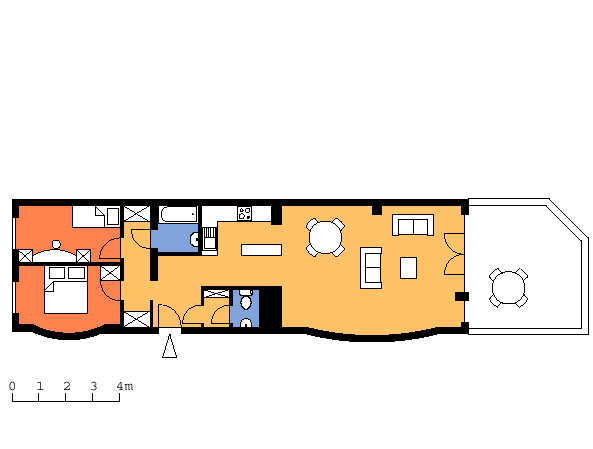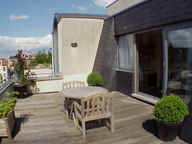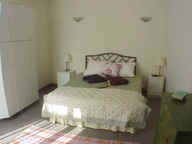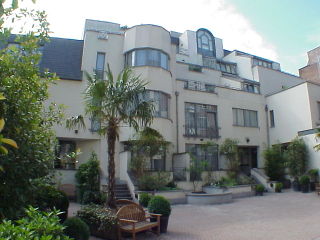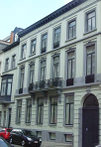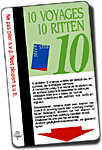A tiny country – the size of Maryland – Belgium is a young nation.
Though the country has been in the melting pot of European history for centuries, it only achieved true national identity in 1830.
The name Belgium derives from “Belgae”, a prehistoric tribe of northern Gaul conquered by Julius Caesar in 57 B.C.
Those who have studied the Romans, Charlemagne, the Crusades or the French Revolution have studied the history of what is now Belgium.
When Charlemagne founded his Carolingian Empire in these regions, the territory already had its ethnic and linguistic frontiers. The Flemings prevailed in the north as a result of the fifth century advance of the Franks, a Germanic people, who overran the sparsely populated plains. To the south were the Gallo-Romans, whose Latin influence underlies the French language of the region. Although unmarked geographically, boundaries were drawn which laid down the current division of the country’s official languages with French predominant in Wallonia, Dutch in Flanders and German in the eastern province of Liege. Upon Charlemagne’s death, in 814, the area later known as Belgium, cross-linked by overland routes and many rivers, was among the first objectives of invaders. It remained a battlefield for hundreds of years.
The 13th and 14th centuries saw the Flemish cities of Bruges and Ghent assume strategic roles in commerce. In the 15th century, an influential and powerful Burgundian duke, Philip the Good, united the communities, duchies and principalities that would later form the Belgium of today. The long reign of Philip the Good was Belgium’s cultural highpoint, with the cities of Bruges and Ghent flourishing as centres of artistic excellence.
Philip’s descendants, through marriage into the House of Habsburg, became sovereigns of the Low Countries and much of the continent as well, including Spain with its far-flung possessions in the New World. The textile industry in those “Golden Days of Flanders” made Antwerp, Bruges and Ghent the most prosperous cities in Europe. At the zenith of the Holy Roman Empire, Charles V moved his court to Brussels in 1534.
The Austrian Habsburgs held the land until it was won by France during the turbulent years following the French Revolution. The Napoleonic Code of Law, the basis for the present Belgian judicial system, was then introduced. Upon Napoleon’s defeat at Waterloo in 1815, the Congress of Vienna decided the fate of Belgium by handing her over to the newly formed Kingdom of the United Netherlands ; religious, financial and political differences between the Dutch and the Belgians caused 15 years of bitter controversy.
In 1830, the people of Brussels rebelled, gained their country’s independence from Holland, and, after a few months as a republic, established a constitutional monarchy. Prince Leopold of Saxe-Coburg, an uncle of Britain’s Queen Victoria, was elected King on July 21, 1831. His son, Leopold II, ascended the throne in 1865. It was during his reign that Belgium’s rich Central African landholdings were acquired. Albert II, the present and sixth king in the Coburg line, began his reign in 1993, following the sudden death at age 62 of his brother Baudouin I, a much-respected figure who had ruled as head of state since 1951. Albert II reigns with Italian-born Queen Paola *
Today, Belgium has rediscovered its international vocation as a capital hosting the institutions of the European Union, Nato and over a thousand international organisations.
Throughout the country, you will find the local people unfailingly helpful. This is a conservative country with a strongly Roman Catholic religious tradition, aspects that make people courteous, yet reserved.
On the whole, the international family relocating to Belgium will find it an easy move.
We certainly hope that you will enjoy your stay and feel right at home !
* excerpts from “Hints for Living in Belgium”
Located in the heart of Brussels, close to public transport, restaurants and upscale shopping centers, our self-contained apartments are fully furnished and equipped with kitchen appliances, pots and pans, crockery, bedding, towels, TV, hi-fi, broadband internet, telephone etc...




